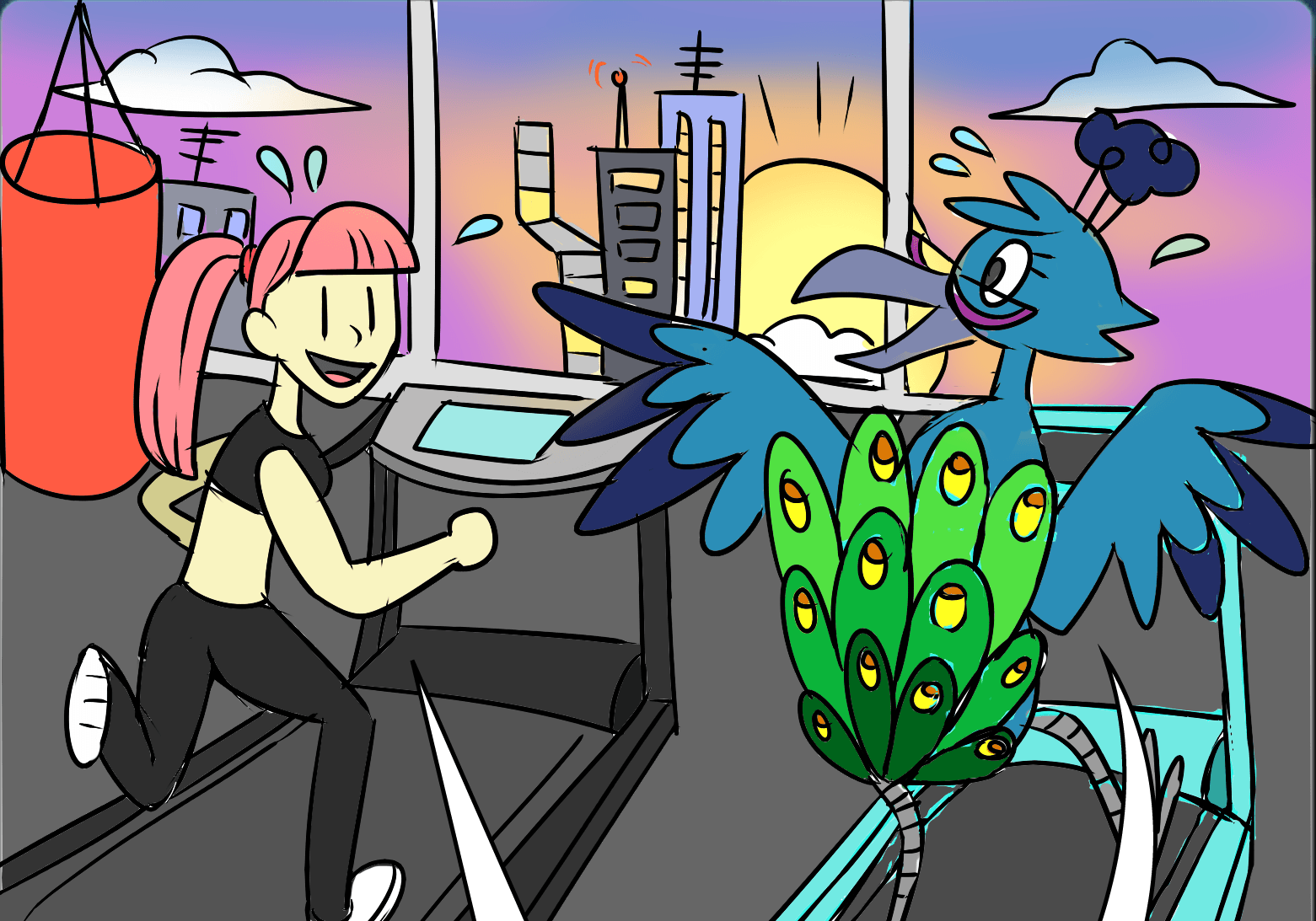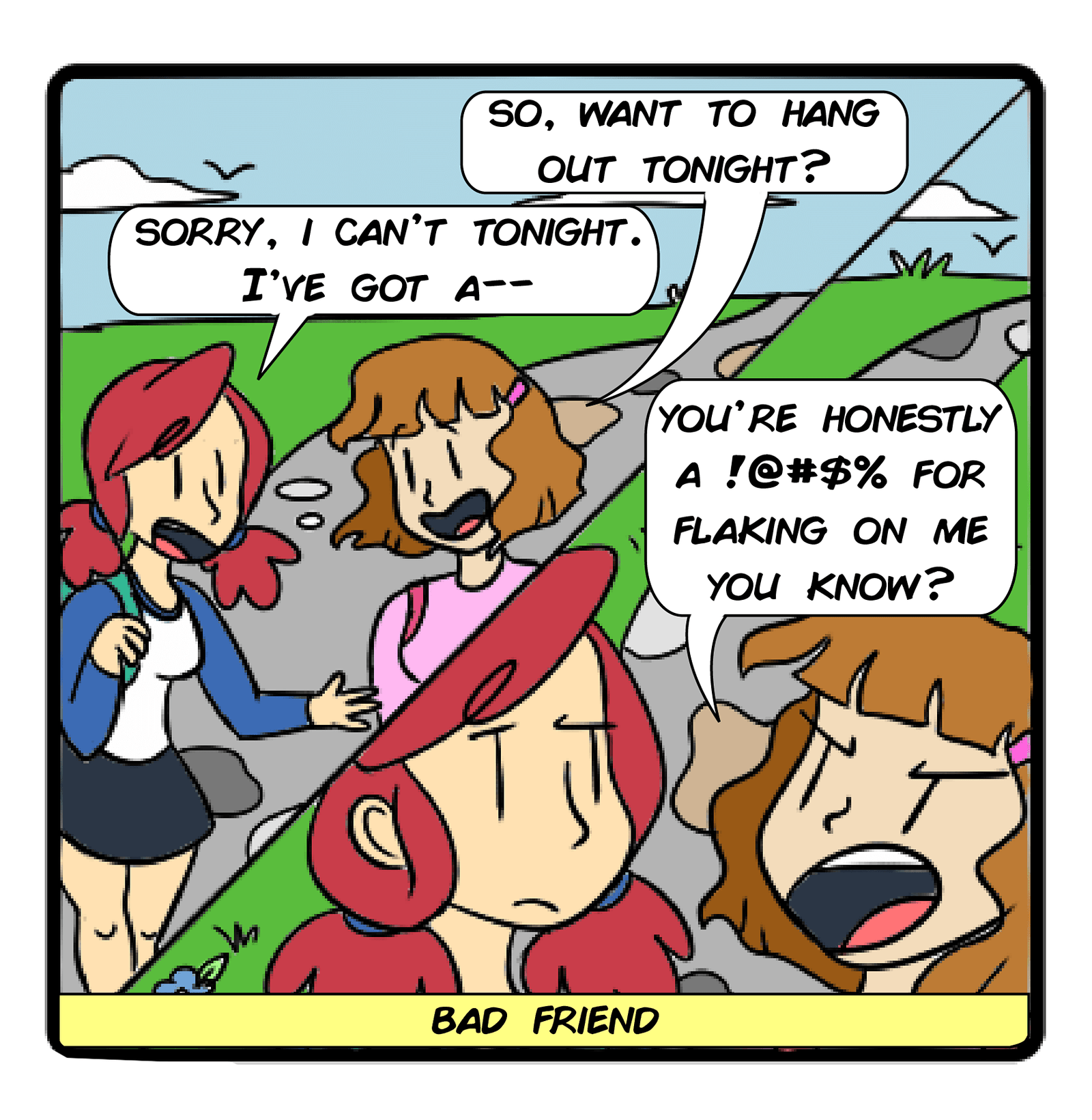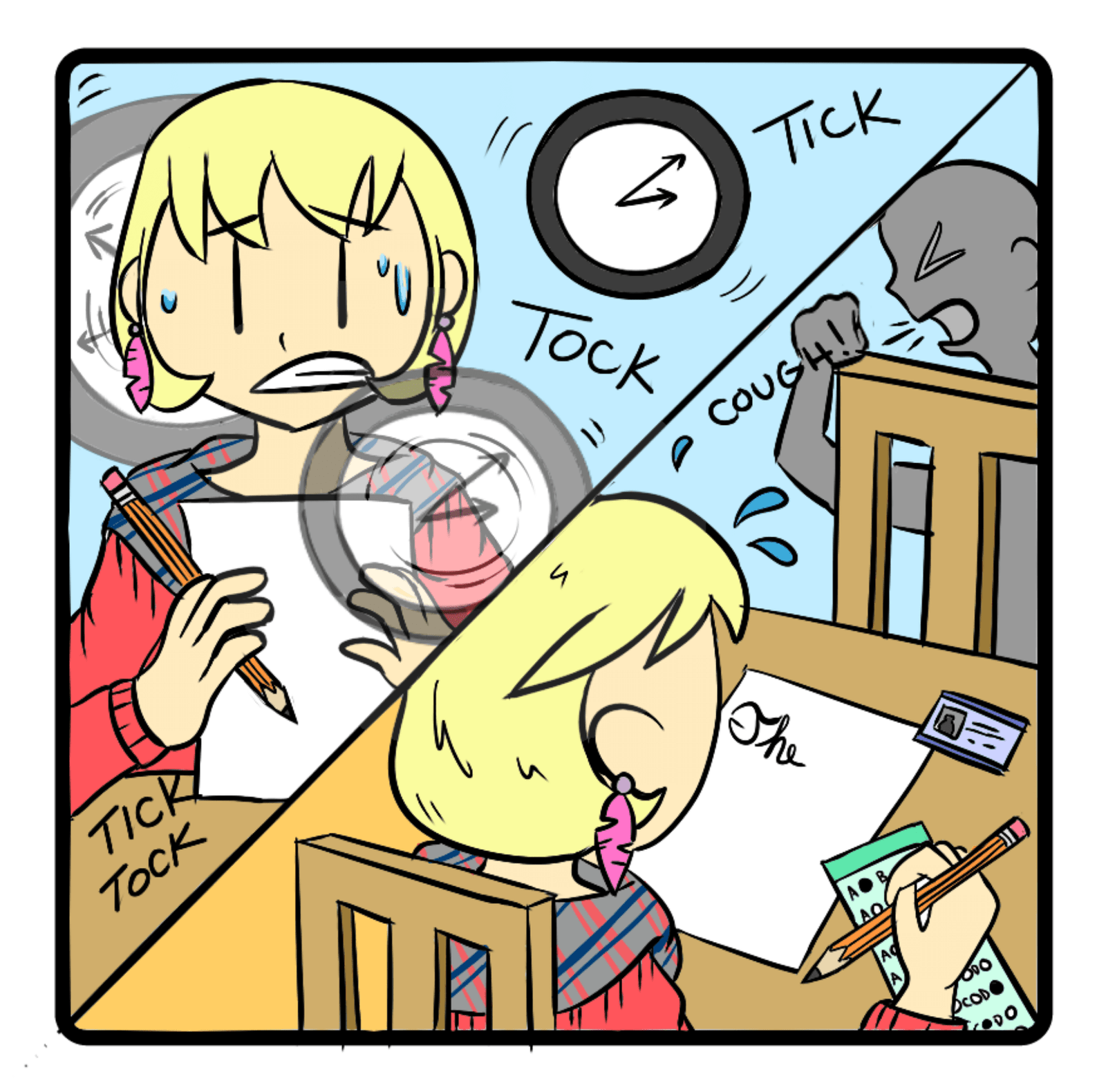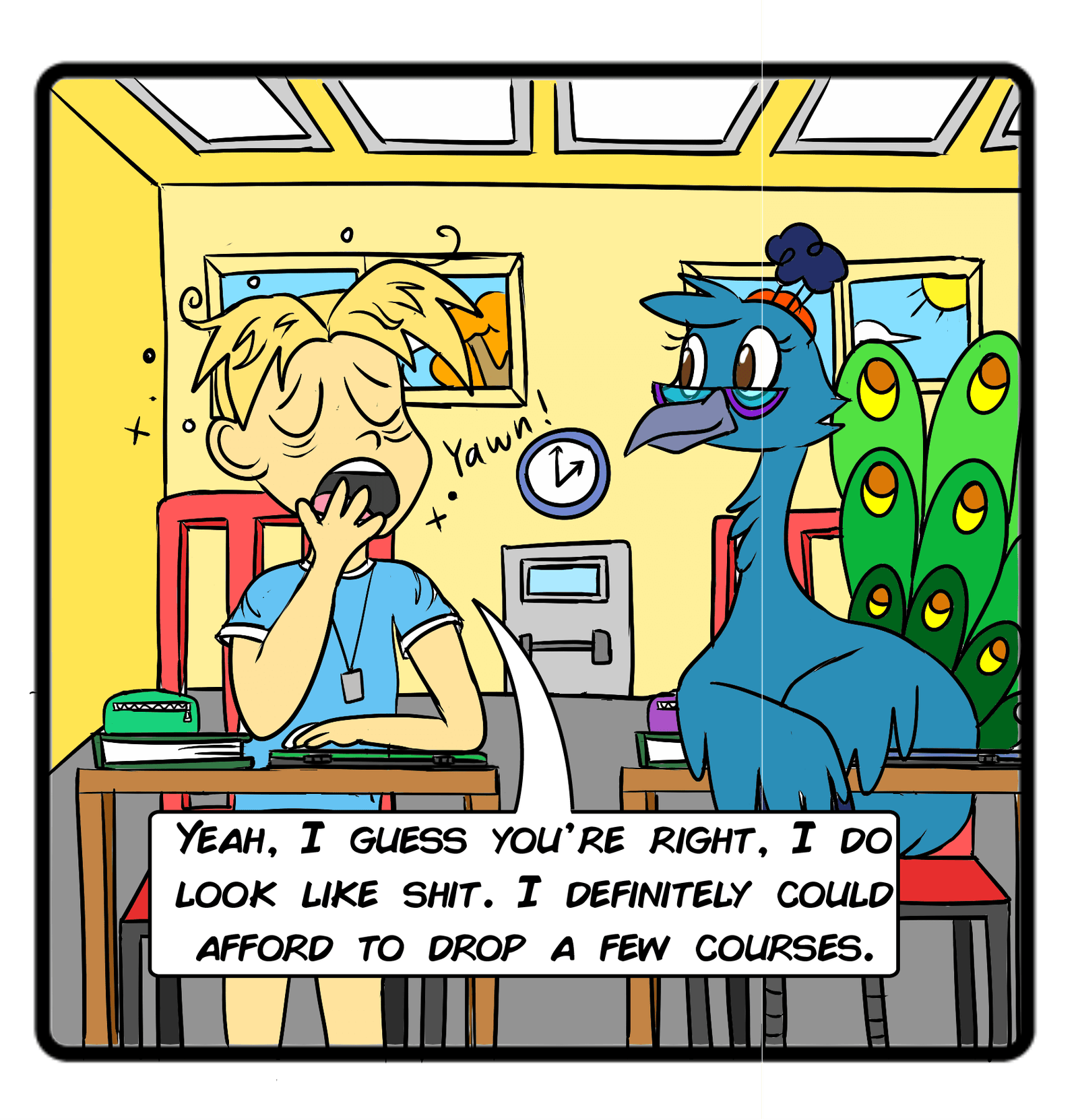
Recently a well-known and prize winning American poet was accused of plagiarism by her contemporaries and her reputation completely sullied. Plagiarism is a major academic offense, and a very common mistake made by 1st Year Undergraduate students. In order to avoid a failed assignment or scary encounter with your Professor, there a few things that you can do to protect your academic integrity:
When in doubt, cite: Although you can be penalized for citing too much (ongoing debate among Law students), that is a far better offense than citing too little or not at all. You will not be kicked out for being honest about your unoriginality. Thus, if you think that the ideas that you are using in your essay are based upon someone else’s, make sure to cite the article or book that you got them from. Citations are not just for quotations, but paraphrasing as well. Paraphrasing means taking someone else’s words or ideas and putting them into your own. It is often taught in lower grades that paraphrasing can be presented as your original thoughts, but once you get into university and college paraphrasing without a reference is a serious offense. The main idea of a book, the argument/theory in an academic article, or a discussion by your Professor in class needs to referenced. Generally any evidence you are using to prove your point needs to be cited. If you are still unsure about whether or not your are plagiarizing, Turnitin.com has an interesting quiz where you can test yourself. Your analysis of the data is where you have a chance to be creative and present some original work of your own. In other words, you take other’s information and thoughts and provide your own opinion about them. If you are really creative, maybe someone else will cite you one day!
Consult a Style Guide: Another thing to watch out for when referencing material in your essay is the referencing style. Different faculties and departments use different referencing guidelines. The Social Sciences, for example, tend to use APA/ASA style, while Historians prefer Chicago Style and the English department sticks to MLA. If you are confused about the difference between these different referencing guidelines, it is best to consult a style guide and confirm with your TA/Professor. You can usually find reputable style guides in your university or college bookstore, or else online with a quick Google search. Look for one’s that have been published by or reviewed by academic institutions to determine their accuracy and relevance. One of my favorites is OWL Purdue. I find it easy to follow and comprehensive. I also really like how they give you the citation format for both in-text and bibliography, as well as a real example of what the citation would look like when input into your essay. it is a resources I suggest to all of my First-Year students.
Take detailed research notes from the start: Many students avoid putting in citations because they find it tedious, or have lost their references. They read books and articles and know the main ideas, but haven’t noted exact page numbers or even the source while doing their research. Then, when it’s time to write the paper, they remember the content, but not where they have gotten it from. At this point, citing sources seems like a big pain in the butt.
The best way to make citing easy is to take detailed research notes that include the authors name, date, text (if you are using the same author more than once), and page number in one notebook/document that is solely dedicated to your research essay. Every time I write down a quote or paraphrase an idea while reading a text, I write down a simple citation in brackets after each note, even if it’s from the same author and on the same page. It is unlikely that I will remember those details later when I’m writing up the paper.
It is also a good idea to add any materials that you are think relevant to your bibliography immediately. Many university/college libraries have software, such as RefWorks, to help you to organize your research materials and automatically generate bibliographies. Most libraries also provide free courses on how to use the library system and citation software throughout the year. You can usually find this out by consulting your university library information desk.
Don’t risk your academic integrity! Cite any and all ideas that you believe not to be your own. Referencing others work gives credit where credit is due, as well as, helps you to engage in the ongoing academic conversation in a respectful and professional manner.
















